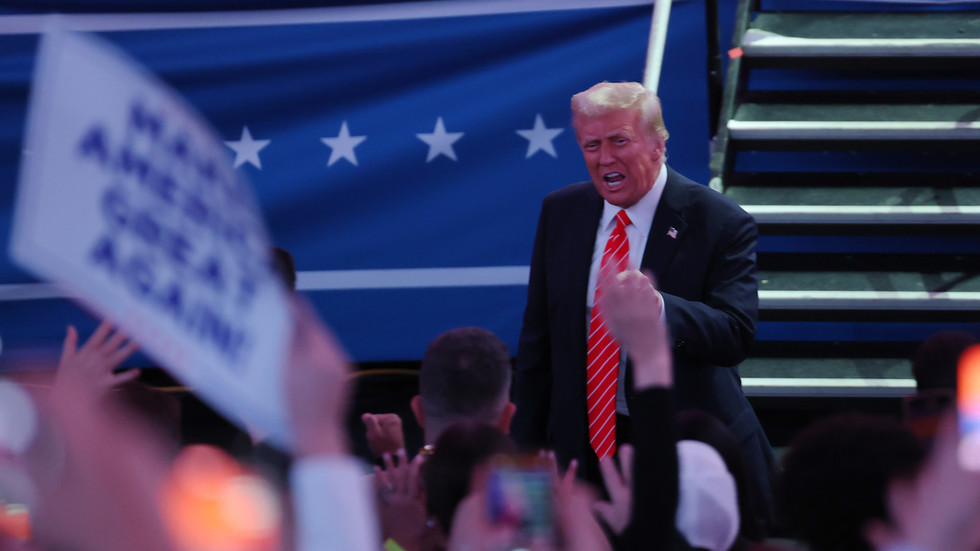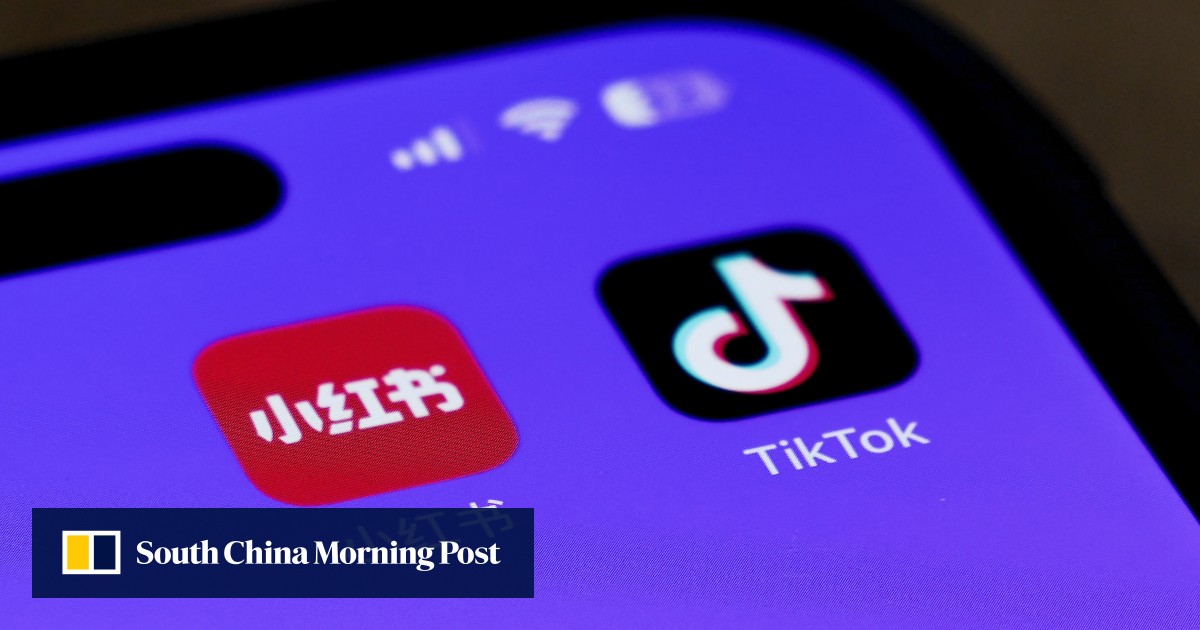The ABC has once again found itself embroiled in controversy after publishing an opinion piece that discourages Australians from publicly celebrating their national pride on Australia Day. Critics argue that this stance is out of touch with mainstream Australia and raises questions about the broadcaster's supposed impartiality.
The article, titled If you dress in patriotic clothing on Australia Day, can venues legally restrict your entry?, explores whether private venues can legally refuse entry to individuals wearing Australia-themed attire. It concludes with the assertion that “it might be safest to do so in private homes or public settings — otherwise you might run the risk of being ousted.”
Based on the article distributed by the national broadcaster ABC, academics in Australia suggest it would be better to avoid showing patriotism in public to avoid any legal disputes that may arise from wearing patriotic clothing, including the flag, on Australia Day. The… https://t.co/F7sd9z4RIX
— Rukshan Fernando (@therealrukshan) January 20, 2025This suggestion has sparked backlash, with many Australians questioning why the ABC appears to be advocating against public expressions of patriotism on a day meant to unite the nation.
While Australia Day has faced criticism from some quarters over its date, it remains a widely celebrated national holiday for the majority of Australians, with attempts by activists to cancel celebrations only driving its popularity to record highs.
Public events, BBQs, and flag-waving are staples of the day, with many viewing it as an opportunity to come together as a community.
The ABC’s article, however, seems to align with a minority view that public displays of national pride are problematic. Critics say this approach panders to a woke ideology rather than reflecting the sentiments of the broader Australian public.
The ABC’s mandate requires it to remain impartial, but this latest article has led to further accusations that the broadcaster is promoting a politically charged agenda. Critics argue that this undermines its role as a unifying force in Australian media.


 By Rebel News | Created at 2025-01-20 03:56:17 | Updated at 2025-01-20 08:31:47
5 hours ago
By Rebel News | Created at 2025-01-20 03:56:17 | Updated at 2025-01-20 08:31:47
5 hours ago








